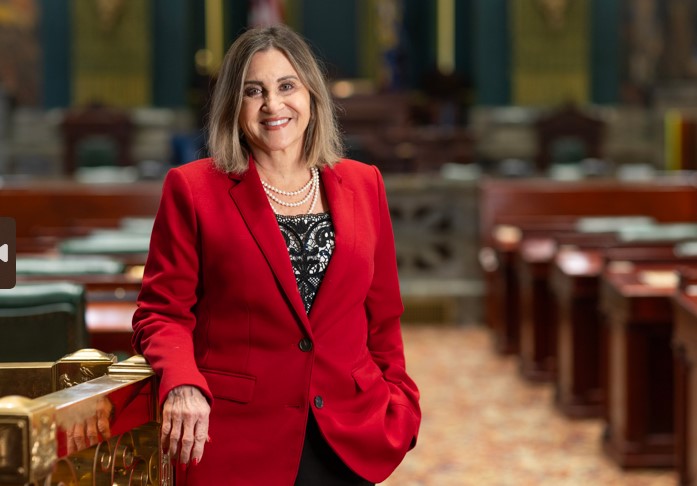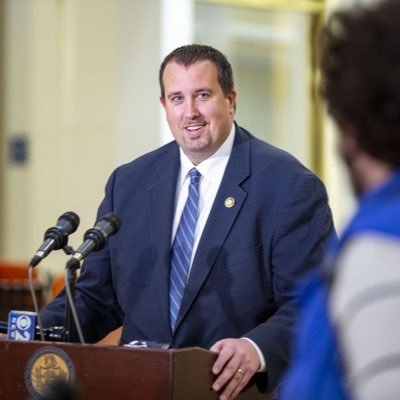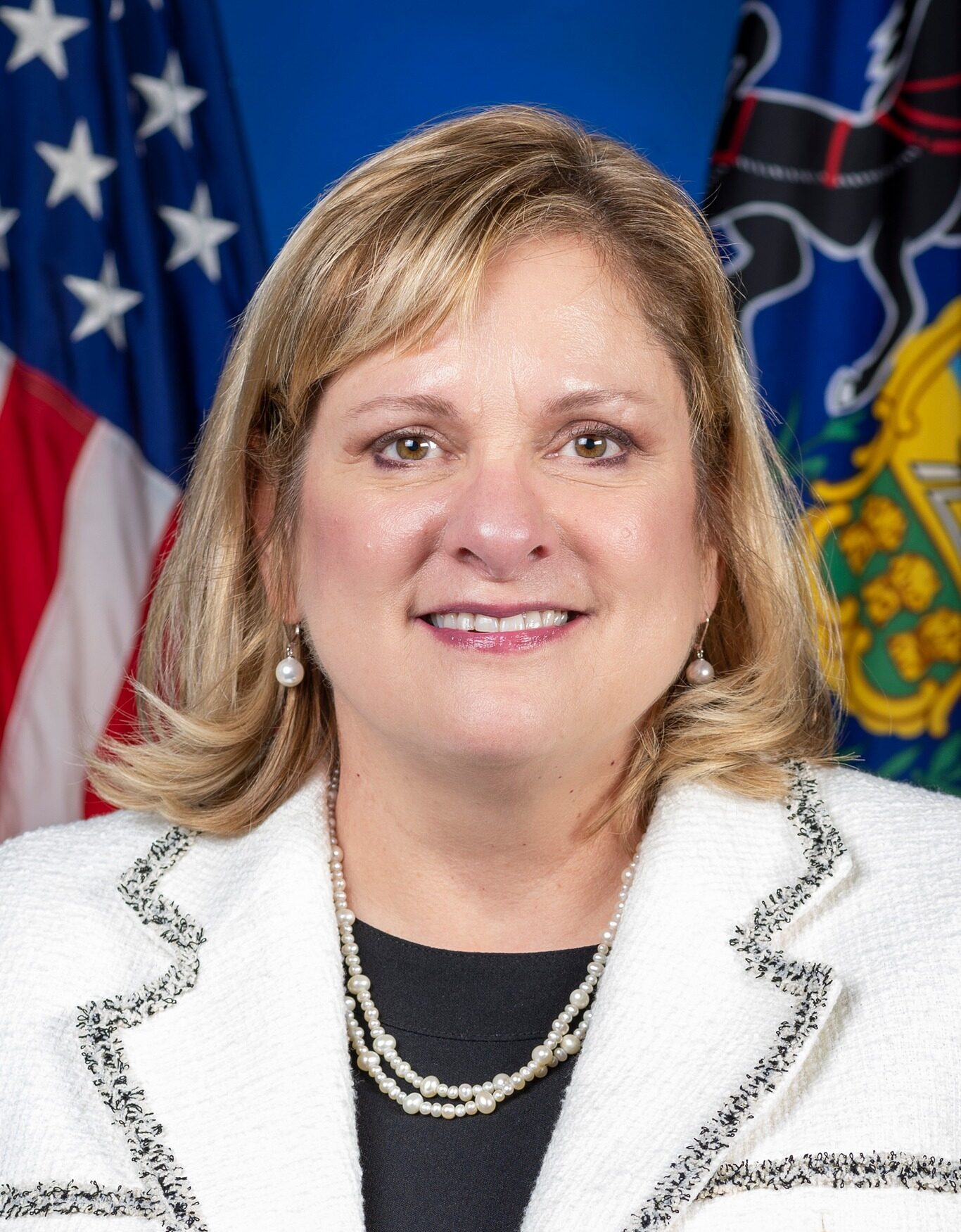You may have seen headlines about Pennsylvania’s late budget. Finishing up the budget is important. However, the quality of the budget is more important than the timeline. An imbalanced budget this year makes it more likely that we’ll be facing tax increases in the near future and that is something we need to avoid. I […]









